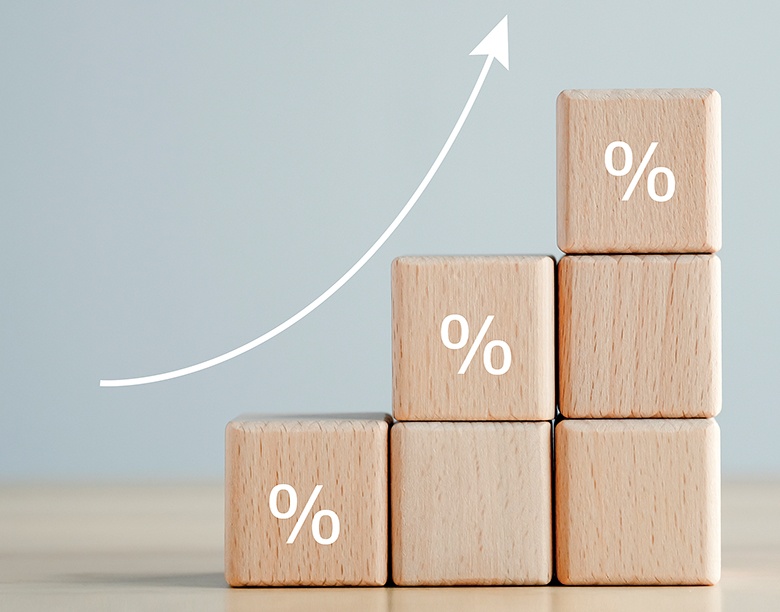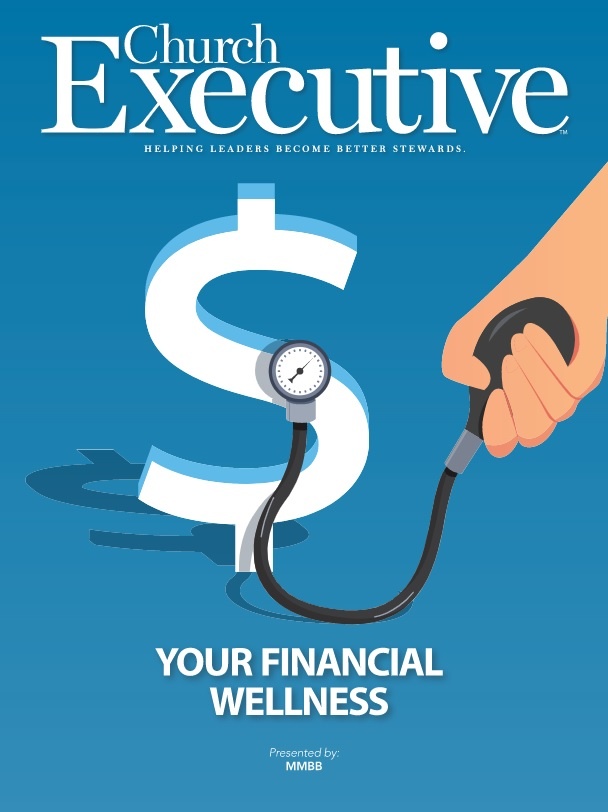
 By Louis P. Barbarin, CPA
By Louis P. Barbarin, CPA
Remember a few years ago when a gallon of gas was about $2? Or when the average round-trip airline ticket cost about $300? Those days seem long gone as Americans must now pay over 25 percent more for gas and 20 percent to 40 percent more on airline tickets. Prices on everything, including utilities and rent, have soared in the U.S. Even though the latest news tells us that inflation is slowing, costs are still sky-high, making even the most basic items expensive.
The Federal Reserve has increased short-term interest rates to combat this inflation, which in turn, has increased interest rates on mortgages, credit cards, loans and more. The Fed plans more rate hikes throughout 2023. The goal is to shrink inflation back down to normal levels, but there might be some short-term pain before the American economy achieves long-term financial gain. As we wait for an economic recovery, see the bulleted list below of some considerations for ministers and church leaders when interest rates climb.
First, we’ll look at the downside of rising interest rates to keep in mind.
• Any existing variable-rate borrowing, such as credit cards, home equity lines of credit, student loans and variable-rate mortgage loans, will be more expensive because your payments will increase as interest rates go up. Your credit score might drop. Higher interest rates could cause individuals and families holding mortgages and credit card debt to struggle as payment costs rise, possibly leading to missed payments and delinquent accounts.
• Any new variable-rate loans will also be more expensive. When interest rates are ascending, you might want to convert a variable-rate loan to a fixed-rate loan or pay off the adjustable-rate loan sooner if possible. Any existing fixed-rate borrowing, such as fixed-rate mortgages, will not be affected.
• It is more costly to borrow money to buy or refinance a home, which can lead to a decrease in property values and a slower real estate market. Borrowing money to renovate or expand a home you already own is also pricier.

• Your current fixed-rate holdings, such as bond funds (mutual funds and Exchange Traded Funds or ETFs), will lose value as rates increase. Thus, the effect of rising interest rates will impact a 10-year bond differently than a five-year bond. The higher the duration of the bond, the more sensitive the bond will be to changes in interest rates. Keep in mind that duration differs from a bond’s maturity, which is when the bond issuer must pay the bondholder the bond principal in its entirety. Note that individual bonds held to maturity will not be affected; you will get the principal back at maturity. However, if you trade the bond before maturity, you could end up receiving less than the bond’s face value.
• Congregations might decrease tithing and donations to their churches in the face of challenges to their personal finances. Giving in some churches continued to decline in 2021.
Contrary to widespread belief, there are also upsides to rising rates. The pros include:
• Saving in deposit accounts, money market accounts and new certificates of deposit (CDs) become more attractive than spending when interest rates rise because you can earn more on your deposits. Typically, a money market account offers a higher rate of return than most checking or savings accounts. The current economic climate is a good time to review your current investments and consider how rising interest rates could impact the return on your savings. Consider discussing with a financial planner whether it is the right time to move some of your personal savings to a savings account that offers a higher rate of return. If you decide to move your personal savings, shop around by comparing rates at different lenders and banks. Many brick-and-mortar banks currently only offer interest rates below 1 percent on savings accounts; however, online banks offer higher rates at 2 percent or 2.5 percent.1
• Interest earned from bonds can be reinvested at higher rates, but as previously mentioned, the value of the bonds will go down.
• Variable-rate investments, such as senior secured loans, will earn more as rates rise.
• A changing rate environment can also be an opportunity to reassess your financial plan and interest rate exposure. If you do not have a financial plan, this is a good time to create one. A financial strategy will help you to keep the focus where it should be — on your long-term goals. Reviewing your financial plan will also ensure that your investments are properly diversified, so the impact of an increase in interest rates is well thought out in advance and does not prompt a reactionary response.
What you can do to weather this season
To start an action plan, review your financial strategy and interest rate risk with your financial planner. Next, assess your interest rates for both deposits and debts to determine what you are earning on your investments. Ask yourself and your financial planner if you should shift your funds to a higher-earning deposit account.
Review your debts and understand which accounts are variable and which are fixed. If you have variable-rate debts or loans, consider whether you should shift to a lower-rate account or fixed-rate products. Review and adjust your budget by cutting down on non-essential expenses. Try to minimize taking on new high-interest debt and prioritize paying off existing high-interest debt to reduce your financial burden. As interest rates continue to climb, your debts will become more expensive to service.
Build up an emergency fund. Having a cushion of cash on hand can help you manage short-term financial challenges, such as unexpected expenses or job loss. It might also reduce the likelihood of having to access investments adversely affected by market performance.
Diversify your investment portfolio. Consider investing in a mix of stocks, bonds, real estate and other assets to reduce the impact of rising interest rates on your portfolio. Don’t rush to sell your fixed-income holdings just because rates are rising. Fixed-income investments are a balancing factor to equity investments and are part of a diversified portfolio and asset allocation that serves you for the long-term. If the economy falters and rates fall, your bond portfolio could increase in value. This strategy takes into account your individual needs and increases the chance that you will be able to withstand economic cycles.
It’s important to note that interest rate changes can have a big impact on your finances and it’s wise to have a solid plan in place; however, the best approach might vary depending on your specific financial situation and goals. Consult with a financial planner before making any major changes to your financial plan.
Finally, remember that what goes up must come down. Sooner or later, both interest rates and the inflation which the rate hikes are meant to tame will return to more normal levels. It’s a matter of positioning yourself to weather this rough patch in the economy and take advantage of the silver linings in the meantime.
1 CNBC Making It, September 23, 2022, “Historic rate hikes mark the largest 6-month increase in 41 years: What you should do with your money,” by Ryan Ermey.
Louis P. Barbarin, CPA, is Chief Executive Officer of MMBB Financial Services
[ www.mmbb.org ]. Barbarin holds a Bachelor of Science in Accounting, a Master’s in Finance from Penn State, and has completed the Harvard Business School Advanced Management Program. He is licensed as a certified public accountant in the states of New York and Pennsylvania.


